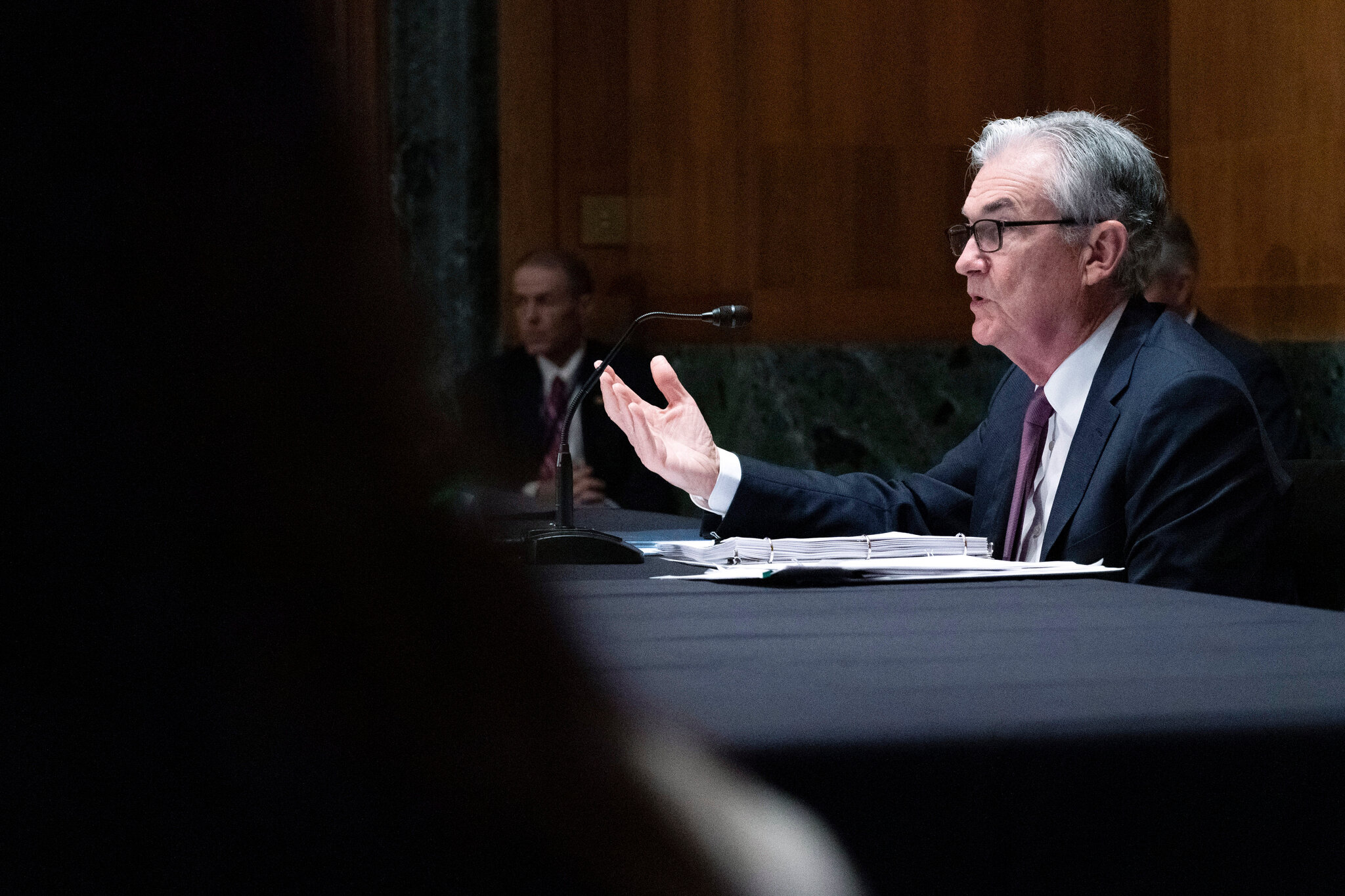Table of Contents
Regulators are worried about criminals who are progressively using cryptocurrency to abscond detention from law enforcement. Cryptocurrencies are a recent phenomenon. Like any other new technology, it takes time for law regulators to catch up. It is the reason why digital currency is so appealing to law offenders. Bitcoin was the first to obtain an international reputation as computerized money. Cryptocurrencies have been used to settle financial obligations since their inception in 2009.
Cryptocurrencies money are decentralized and are cryptography-based. It means that digital forms of money without public regulation and no authority make it a controlled open-source and capacity on a distributed premise.
Significantly, the fundamental protocol on most cryptocurrencies is that they do not need or provide user identification and verification. Thus, historical transaction records on a Blockchain are not connected with individual identity.
Cryptocurrencies are also defined as convertible virtual currencies as they can be exchanged for fiat money, for example, dollars, pounds, and Euros. Thus, it facilitates their use for resolving commercial transactions.

Bitcoin is presently being acknowledged as a type of installment in return for labor and products by names like Subway, Expedia, and Microsoft. Simultaneously, Blockchains are being embraced by more businesses.
Private transactions authorized by the use of Bitcoin are aware of the growth of cryptocurrencies among consumers. Nonetheless, this advantage keeps the regulators and the law enforcers alert.
How Regulators think of Cryptocurrencies
Flipped coin
The outrageous online black market drives this point home. Bitcoin has been used to acquire drugs and illicit brews through the dark web. Authorities do not track dark web transactions. Difficult-to-track criminal activities are not the only threat from the use of cryptocurrencies.
The possibility of the use of finance terrorism is another threat. Conventional banking is presently capable of spotting dubious development and activation of monies through the financial framework.
Cryptocurrencies can be converted into pounds, dollars, and Euros, making cryptocurrencies more practical. In addition, financial institutions can be regulated at a point of crypto conversion via virtual currencies exchanges.
International financial regulations and the developing number of national measures across the world managed by financial institutions have been strengthened. The national regulations are Anti-money laundering (AML) and Know Your Customer (KYC). When implemented effectively, it will be easier to track down people involved in illegal transactions. Again, though, the biggest challenge is the global nature of this payment mechanism.
Load-up drugs a problem for regulators
There is also the challenge of investigation and prosecution of illegal activities which are aided and enabled by cryptocurrencies transactions. There is a difficulty for law enforcement agencies to track the proceeds of criminal enterprises once they are laundered through cryptocurrencies.
Various authorities have their ways to deal with managing digital-related exchanges, which makes worldwide participation profoundly testing. In certain nations, like North Korea and China, guidelines of electronic transactions are critical for public safety strategy. Accordingly, lawful instruments are set up to permit wholesale government interruption into every transmission’s sender and payee subtleties.
Different nations such as the United States and the United Kingdom carefully approach online guidelines to adjust security worries against naturally ensured opportunities to save protection and information insurance laws.
Whack a mole
Payments can be impressionable across the border because they can be transacted in different parts of the world. It includes even those jurisdictions with lax banking regulatory authorities and weak AML and KYC measures.
It implies that; while locales with more grounded administrative forces may cinch down on crimes. Such endeavors can be cleared out because culprits are most likely to move to nations with careless systems.
Regardless, positive advances are being taken to direct monetary innovation items like digital forms of money. Arising difficulties inside this area have prompted the appearance of regtech. Which, in addition to other things, is administrative innovation embraced to address fintech hazard issues.
Regtech covers digital reasoning, enormous informational AI. AI is an innovation that empowers itemized information investigation on stages like blockchain.
Cryptocurrency and money laundering are a problem for regulators.
Controllers like to reject that digital currency is cash. Thus they incline toward the term crypto resources. Their view is held by the disappointment of exemplary digital currencies to accomplish standard reception because of their value unpredictability.
That significant detour, notwithstanding, is settled with stable coins, cryptocurrencies that are upheld by fiat cash. They are called, in substance, a stable coin that is as near to cash as you can get. Before long, national financiers will need to move forward their game and figure out how to manage stable coins like cash or even go on the offense by embracing a procedure utilizing their adaptation of computerized money.
The initial phase in the guideline of digital currencies is tolerating that cryptographic money is in a similar classification as cash. With this acknowledgment, it will be much easier to put regulations on cryptocurrencies. Central banks control and regulate financial institutions should be the basis of cryptocurrencies regulation and control.
Jurisdiction
The receptiveness and cross-border nature of digital currency exchanges and wallets present an issue to national banks and governments as far as ward and guidelines. It is a challenge for the authorities to track down transactions made using cryptocurrencies.
The regulation of cryptocurrencies should be simple if the regulatory authorities in most countries work together. However, it is a challenge since different countries have different views on cryptocurrencies and their use.
Different countries have different regulatory measures when it comes to cryptocurrencies. Some countries prefer to completely ban their use, while others prefer to limit their use. For the regulations to work, there should be one oversight with cross-border authority.
Hacking.
A significant justification for the instability in the worth of digital currencies has been an absence of safety. As a result, there have been various occurrences where programmers have taken monetary forms worth millions of dollars.
Regulation of cryptographic forms of money has been made much more troublesome since the vast majority of the digital currencies are defenseless against hacking. Until hacks and advanced heists are reduced to minimum levels, individuals will keep on being careful about exchanging the cryptographic money market, and blockchain can’t follow through on its guarantee of being a protected and trustless stage.

There are methods of managing this hacking. Controllers should initially guarantee the wellbeing of the cryptographic money before they are delivered to people in general. Doing this will ensure the confidence of the people and increase the popularity and the use of cryptocurrency.
What we think about the regulation of cryptocurrencies
With the number of cryptocurrencies rising and more being developed each day, regulation is required. Governments and authorities around the world should team up and create a single regulatory body.
This body ought to be exceptional and given cross-line admittance to control and direct digital forms of money to secure both the makers and the clients of the digital forms of money. Despite all the challenges facing the regulation of cryptocurrencies, it is possible to regulate this highly volatile industry. The application of regulations should also not be rushed to come up with the best guidelines.
Central banks and other financial institutions should play a leading role in making them mainstream. By doing that, they would help in the guideline of digital forms of money instead of considering them to be a danger to their reality.
For more on this, make sure to join our community.


No Comment